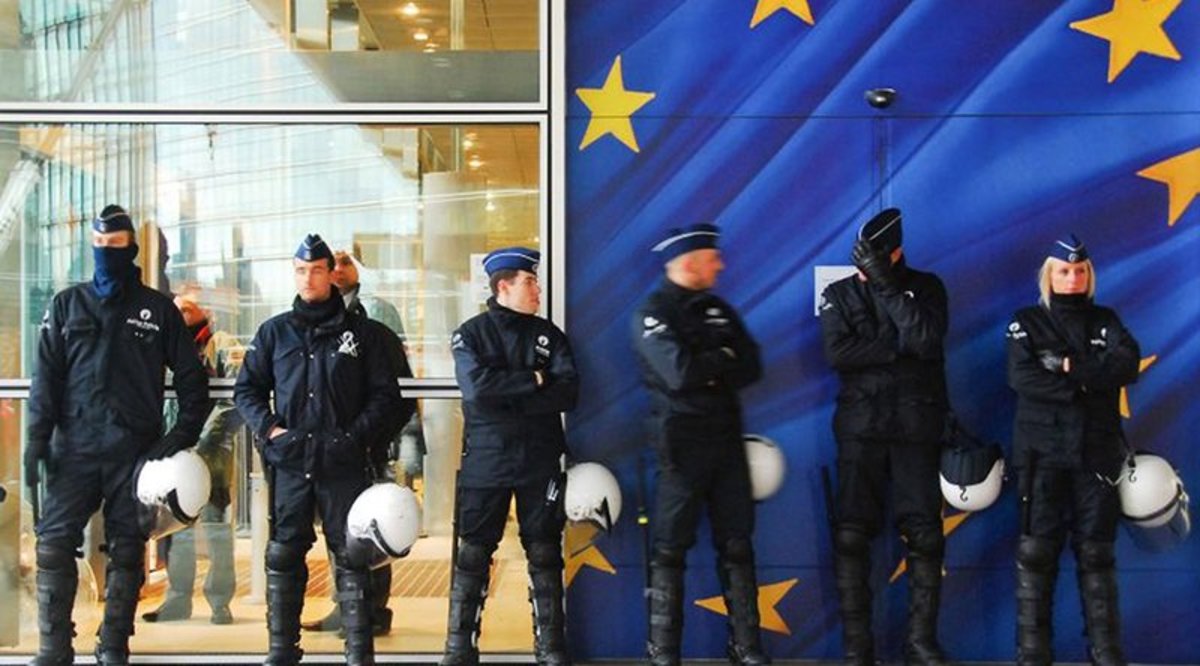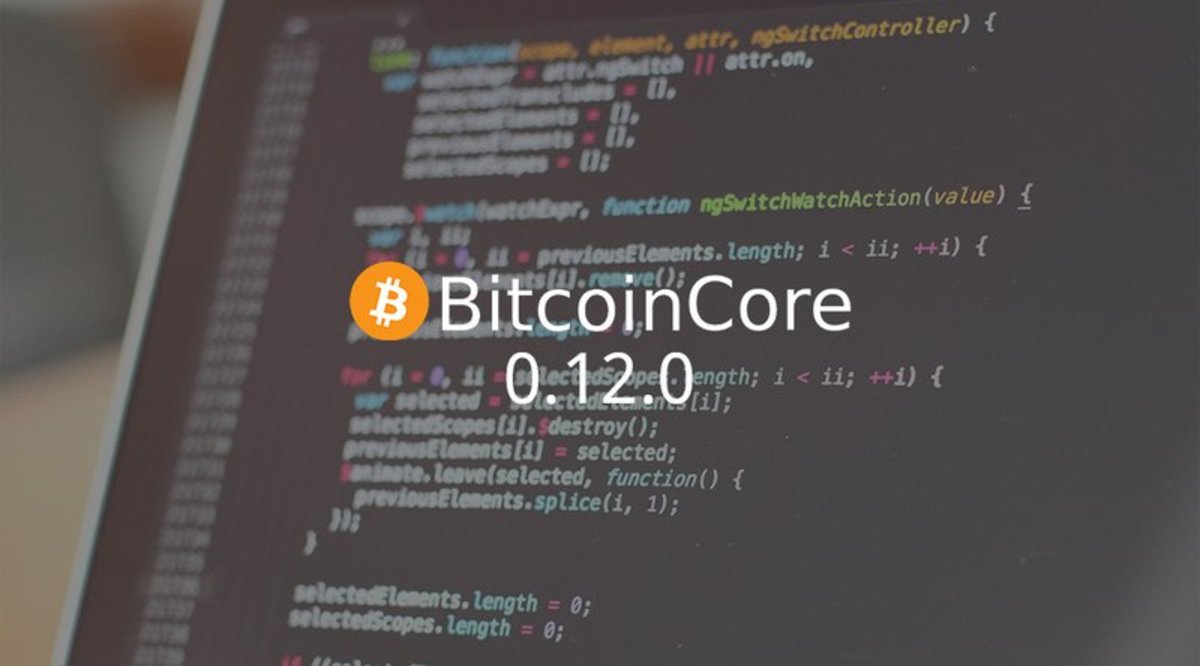
This is a guest post by Scott Dylan.
Chainalysis signed an agreement with Europol on Friday that paves the way for the European law enforcement agency to use the New York-based company’s blockchain analytics tools to investigate criminals who use Bitcoin.
The deal between Europol and Chainalysis comes just days after news broke about a high-profile ransomware attack against Hollywood Presbyterian Medical Center. The attacker froze the hospital’s computer systems for 10 days and demanded 40 bitcoins, about $17,000, to restore service. The brazen attack and the hospital’s decision to pay the ransom has renewed the debate about the criminal uses of Bitcoin.
Chainalysis’ blockchain analytics technology enables law enforcement agencies to track such ransom payments through the Bitcoin blockchain, and eventually to identify the culprits.
Law enforcement agencies are not the only ones interested in blockchain analytics. Chainalysis recently contracted with Barclays to provide compliance tools that will allow the London-based bank to work with businesses that operate on the Bitcoin blockchain.
Many banks are prevented from providing services to businesses that accept Bitcoin because the pseudo-anonymous nature of the virtual currency keeps banks from complying with anti-money laundering regulations. Chainalysis gathers and analyses data from the blockchain so that banks can meet their regulatory reporting requirements to ensure that they are not facilitating money laundering or other criminal activities.
Chainalysis is a big player in the fast-emerging blockchain analytics industry. Major rivals include Coinanalytics, Blockseer, Elliptic and Scorechain, which also offer compliance tools for banks and investigative tools for law enforcement agencies.
How the advent of Chainalysis and other blockchain analytics companies will affect the perception of Bitcoin among advocates and users of the virtual currency remains to be seen. If Bitcoin transactions can be tracked and traced as easily as bank transfers, the virtual currency risks losing its appeal with both the criminal underworld and its privacy-minded pioneers.
Chainalysis’ stated goal is to “move digital currencies out of the hands of the criminals and into the hands of consumers and … commerce.” That transition, however, may be opposed not just by criminals but also by law-abiding users of Bitcoin, and by the developers of the virtual currency themselves.
Last March, Chainalysis’ CEO Michael Grønager responded to allegations from three Bitcoin Core developers that his company had launched a so-called “Sybil attack” against the Bitcoin network. Wladimir van der Laan, Peter Todd and Gregory Maxwell accused Chainalysis of creating more than 250 fake nodes on the Bitcoin network in order to collect transaction location information.
A Sybil attack is when a single user creates multiple fake nodes on a peer-to-peer network. Chainalysis’ fake nodes prevented users of some decentralized wallets such as Breadwallet from syncing with the Bitcoin network.
Grønager admitted that Chainalysis created the fake nodes, but said that they were “carefully tailored” not to interfere with the Bitcoin network, and that a Sybil attack was “unintended.” Chainalysis says it has since shut down the fake nodes.
In response, Breadwallet blocked all IP addresses known to be associated with Chainalysis, and Mycelium, the blockchain payments company where Chainalysis’ co-founder Jan Møller previously worked as lead developer, quickly followed suit. In a lengthy post explaining the move, Mycelium’s founder Dimitry Murashchik, aka Rassah, said that he and his team “are not fans of what Chainalysis does.”
A company roadmap leaked in April 2015 reveals that Chainalysis intends to effectively de-anonymize the virtual currency, something which Mycelium and many others in the Bitcoin ecosystem adamantly oppose. In the effort to make Bitcoin more accessible to banks and law enforcement agencies, Chainalysis and other blockchain analytics companies have irked some diehard Bitcoin advocates and developers.
But that has not stopped investors from piling on the cash. Chainalysis’ agreement with Europol comes as the company finishes a $1.6 million round of funding led by Point Nine Capital, Techstars, Digital Currency Group, Funders Club and Converge Venture Partners.










